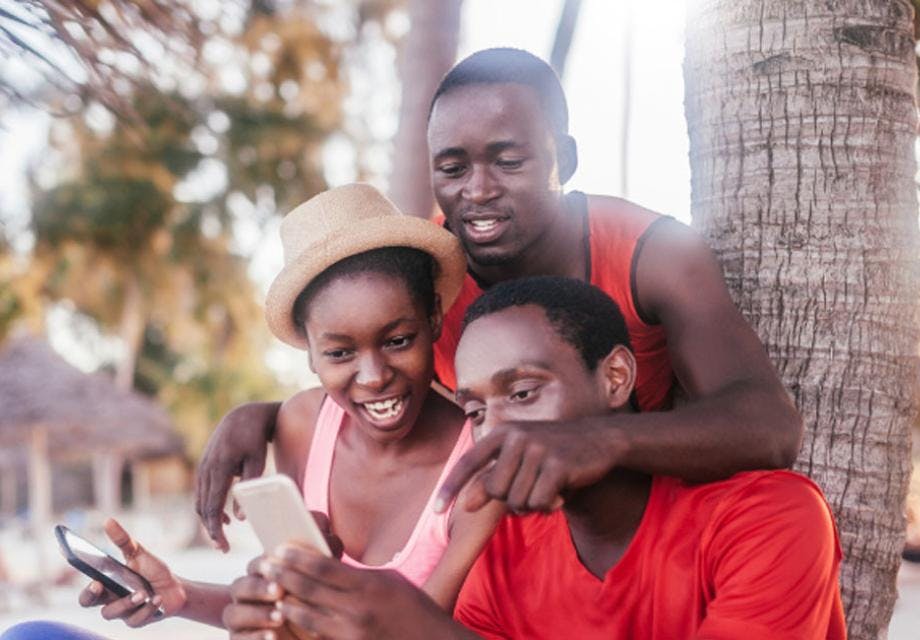Where do young people like to get their sexual and reproductive health information from?
Hester Phillips
22 October 2021
Study with university students in Tanzania suggests many wanted to talk to a parent about sex during adolescence but were more likely to speak to their friends
A study with university students in Tanzania suggest many would have liked to discuss sexual and reproductive health (SRH) with a parent during adolescence but were more likely to speak to their friends.
Researchers asked around 500 university students (aged 18-24) in Mbeya to answer a questionnaire about where they got their SRH information from when they were 12-18 years old.
The mean age of the students participating in the study was 21.5 and more than half (57%) were men. Most (94%) were single and 88% were sexually active.
The mean age participants started having sex was 18.
The students were asked who they would have liked to learn about SRH from when they first started having sex. One in five (20%) said a parent/guardian, 18% said friends, 16% said the media and 14% said school. Both sexes said they preferred to discuss SRH with adults of the same sex as them.
Despite the proportion of students who had wanted to speak to a parent about SRH when they were a teenager, 61% had found it difficult when they did so or had not done so at all.
Instead, peers were the most common SRH information source, with 30% of participants saying they had spoken to friends about SRH issues during adolescence. School lessons were another common SRH information source, cited by 23% of participants.
Most participants (90%) received SRH education when they were at secondary school. Around half (53%) received SRH education at university and 13% at primary school.
When asked what they wished they had known more about when they started having sex, 29% said sexual feelings, emotions and relationships, 13% said safer sex, 11% said how to be able to say ‘no’, and 10% said how to use a condom correctly. This suggests the SRH education they received has not been comprehensive enough.
As many young people in Tanzania do not go to university, the students' views may not be representative of all young people in the country. But the findings suggest that some young people would like to speak to a parent about SRH during adolescence. It may be useful for health education programmes to support parents to develop the skills, confidence and accurate knowledge they need to start conversations about SRH with their teenage children.
The findings also suggest it would be useful to make Tanzania’s SRH education curriculum more comprehensive. The curriculum should include lessons about being sexually active, such as having sexual feelings or understanding consent, and how to have safer sex. Some teachers may feel uncomfortable talking about such sensitive topics. They would benefit from further training and support to increase their ability and confidence to address such matters.
It is also important to look at the quality of the SRH education in higher education institutions, as half of the participants were getting some form of SRH education while at university.
The finding that adolescents often turn to their peers for SRH information is in line with previous evidence. This underlines how important it is to use trained peer educators and to provide comprehensive SRH information to adolescents in and out of school, so that the information that adolescents then share with each another is accurate.
Get our news and blogs by email
Keep up-to-date with all our latest news stories and blogs by signing up to the Be in the KNOW news digest.
